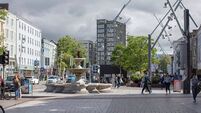Ed Fitzgerald: 'LGBT+ resources would have spared me a lot of pain'
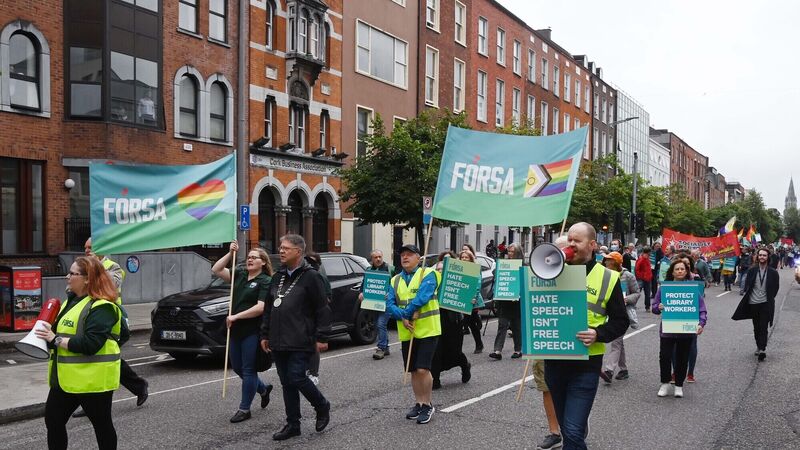
IE/THE ECHO 07/07/2023.
When I was growing up, I knew that I was different. What that difference was, I didn't truly know. I knew that I didn't gravitate towards boys and felt safer among girls. I preferred the more reasonable and sensitive nature that is culturally inherent to Irish women from a young age. It's weird, but now I understand it to have been about self-preservation. I remember comments being passed about me long before I knew who I was. People supposed what it was that I would be.
When I was young, being gay was treated almost as though you were some sort of creature. A creature to be avoided if possible and quietly admonished. Some concern was voiced for me by the local GAA coach that I did not join the sports team; it wasn't good for me, apparently, to not keep the company of boys and do boyish things. I do not think there was harm in it; in his own way, he thought he was preparing me for the world, and he was entirely kind.
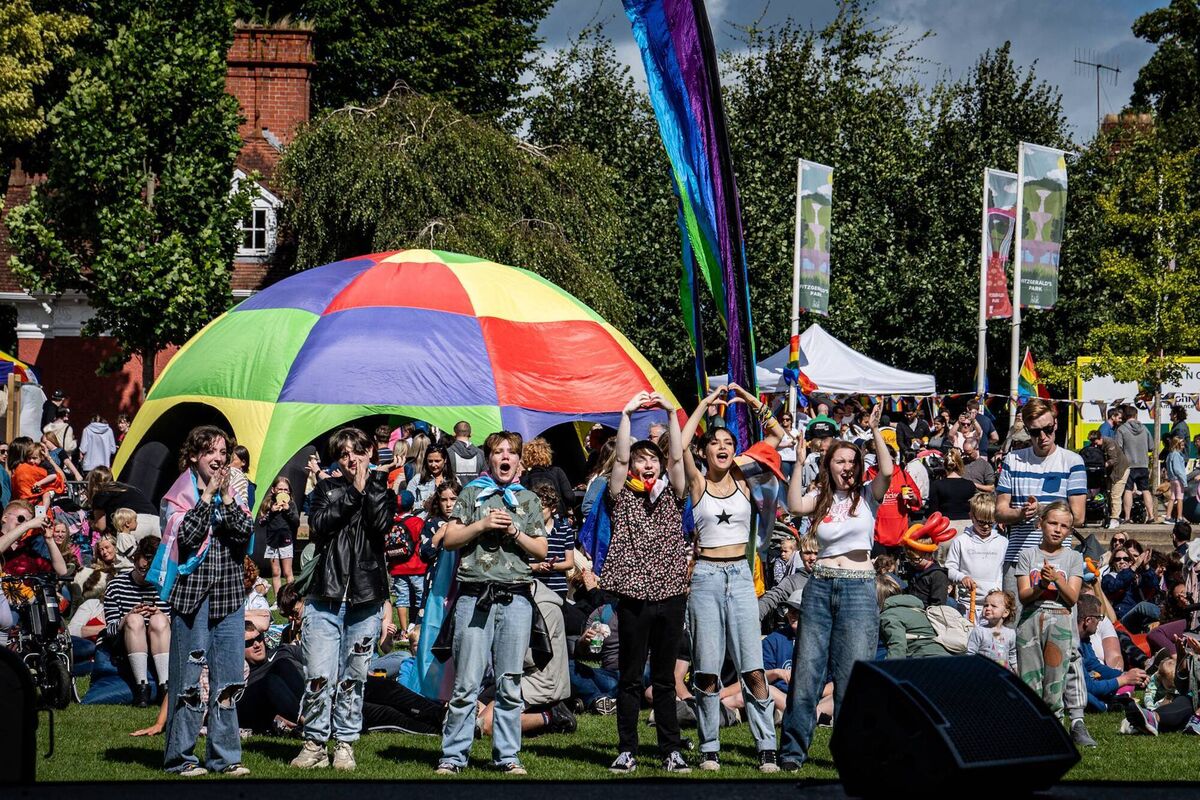
And, while I was conscious of commentary about me, people trying to suss me out (though it was really none of their business). It wasn't until my teenage years that the children of overprying and judgmental parents did their worst. They tried to force me to meet girls (in the capacity of kissing or becoming sexually involved with them) — these bullies were people whom I didn't know and did not want to know. And you see, that whole thing, it was not about me. They knew what I was before I did, and they sought to exploit an awkward situation to humiliate me.
There was no escaping from that at the time. Ireland was conservative, constricting, and stifling enough to kill off many of the preceding generation of LGBTQ+, chase off many more and place others in harmful situations.
I would spend my free time making plastic model kits from AMT/ERTL and others. I would not develop an interest in men until I was nearing eighteen, so the entire idea of puberty and heterosexuality felt forced upon me by others.
The hostility I received in school only deepened and seeded a deep anxiety within me, the kind that crippled me. It would make me freeze in situations where I felt outnumbered, outgunned, and vilified. I remember a time in secondary school when, in woodwork class, a block of wood was thrown at my head. I will never forget the pain and the sound it made as it struck me above the temple. It hit me, making a loud noise, and I stood there at my bench, swallowing the pain because I would never let anyone see my pain. In my mind, I vowed to outlast them, and I did outlast them.
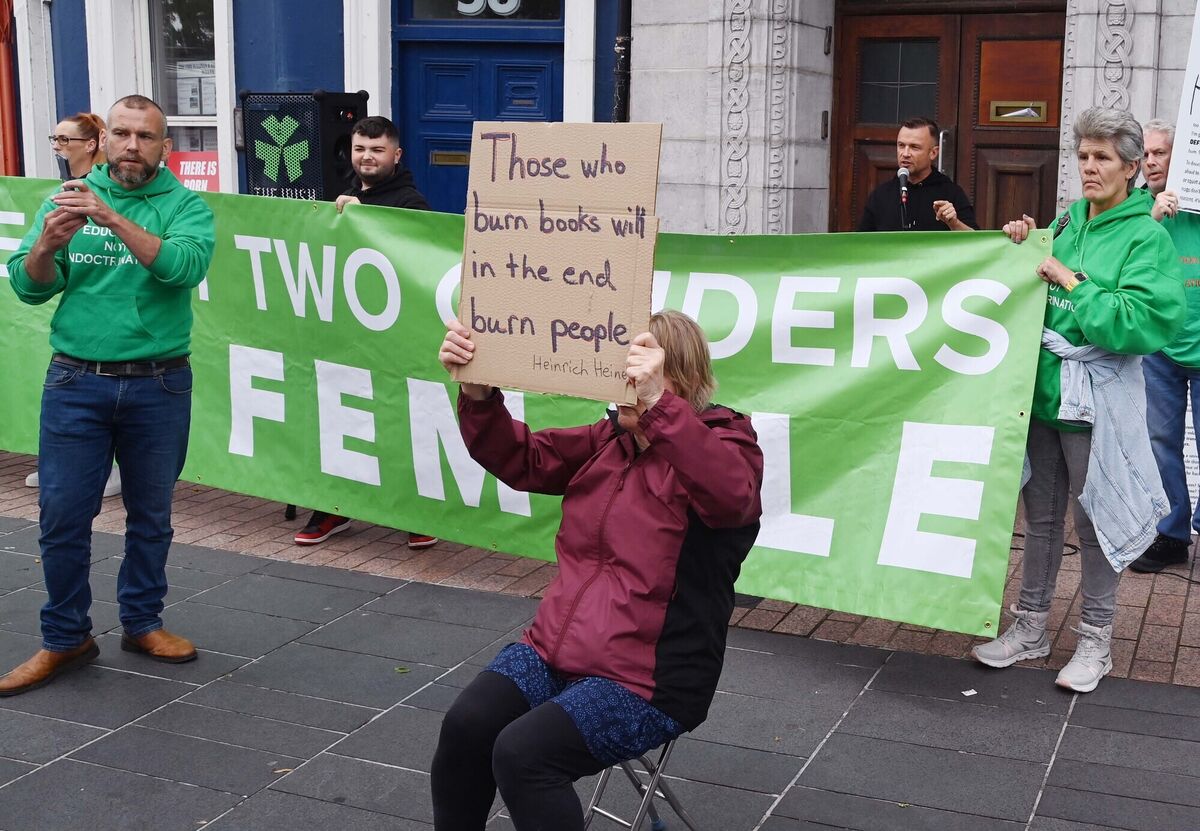
I had the most cruel questions flung at me, asking if I was “queer”, a "faggot”, a “frigid”. Questions I couldn’t answer but apparently, they could. It made me switch off from life, and I became anxious, depressed, embittered, and angry. I treated my friends and family in a way that was not ideal. Why? Because when you are the recipient of hate, you don't believe you deserve love. You create distance to hide your sensitivity and pain, and you almost accept it as a state of being. I craved the summer holidays when a summer job and time away from school would allow me to flourish into someone closely representative of who I was meant to be.
Every day was a new torment. Some days I would sweat profusely from the anxiety of abuse, but I would not give in to it or them. And really, it was more damaging to me because it was a two-pronged issue. To admit to being bullied was one thing, to admit to being bullied because you were gay was another.
They were seated and outstretched their leg across the corridor and right up between my legs. The math class was through a narrow corridor where you couldn't stand two abreast. The preceding bullying was met with laughter, but the invasion itself was met with silence and awkwardness. Suddenly, it went from fun to something that was altogether over the line. No one stopped it, and I was frozen. It was interrupted only when the maths teacher announced their arrival. He did not know what had just happened, nor did he know the sickening nature of it.
It was not just that, but comments by strangers in mocking tones (rare but unmistakable), whereby they would refer to me as a girl. I was feminine, but I did not look female or present as female. There was some purpose to it, and it wasn't good.
My biology teacher once marked my biology exam and stormed around the classroom in a temper over the results of the assignment. During his tantrum, he said, "I don't care who you are, I don't care if you're fucking queer," and slammed my copybook on the table in front of me. I couldn't understand what drove such an outburst and why he timed it to be at my desk. But my vulnerability at that point made it impossible for me to fight back in any way.
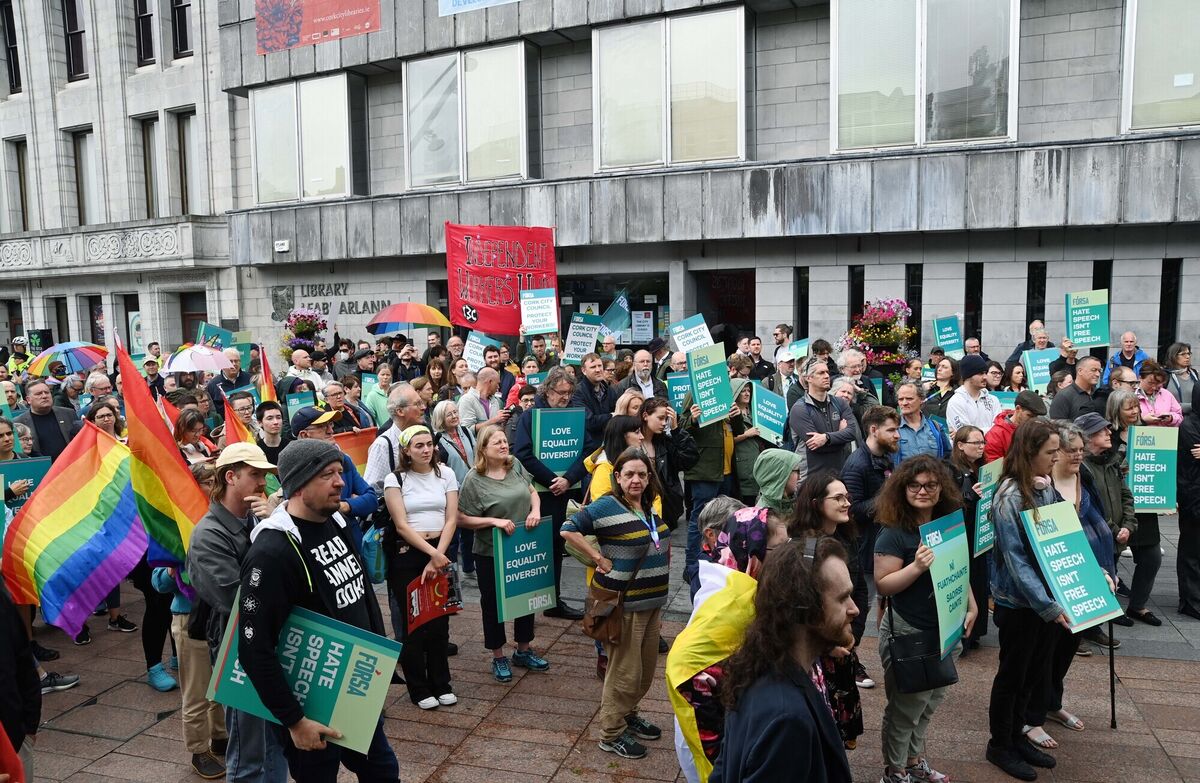
What you see is not only pupils but also how the bigotry of teachers can hurt students. It was a very toxic world back then. The world changed and grew very quickly, and I grew in confidence and ferocity along with it; it became better for people. I am one of the lucky ones who survived the hostility, and while I had the pleasure of seeing the world evolve, my fear is that things are going full circle.
My younger years held hints of who I was. I did not have resources to turn to, at least not without feeling like I would be identified. Fearing that my parents or friends might see me entering the LGBTQ+ resource centres, I spent my time in a newsagents on Patrick's St, paying £1 for 10 minutes on the internet trying to find answers for questions that I had about myself but couldn't take to my parents for fear of judgment.
The guilt, the confusion, the feelings of being lesser, the feelings of shame — these would be things I would have understood and likely avoided.
There is nothing wrong with growing up gay; censoring young adults' access to information that helps them navigate the world only serves to drive us to other resources, resources that might not be age-appropriate or adequate. The best way to fight ignorance is through information; if information is stifled, it won't get rid of LGBTQ+ youth... it will just drive us into hiding and unsafe surroundings.
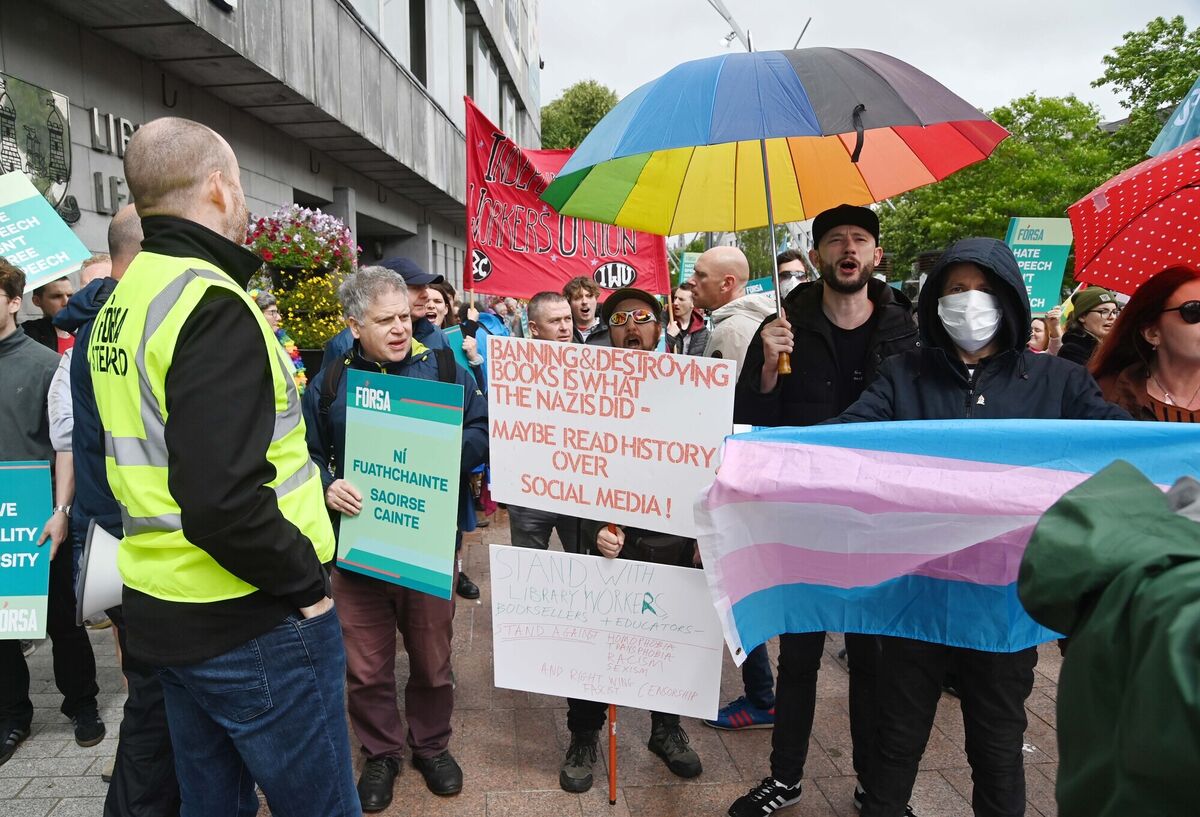
When I see people protesting against the LGBTQ+, I see the same hate that severely hurt my childhood and young adult years. I see the same hate that has placed anxiety deep in my core. I see the same hate that puts me on the offensive for fear of being put in a position where I need to defend myself. I see the same hate that has cut short the lives of people I know. I see the same hate that has seen people leave this country. And I see that same hate making young queer people feel unsafe now.
And it is because of that, that I will not allow hate to destroy lives again; I will never allow hate to imprison the LGBTQ+ in years of self-doubt. We have come too far for that.
I should add that throughout my experiences (while I might not have shared all of them with family), that once I came out, my family grew as I did and learned to love the most authentic version of me. We all grew in love, acceptance, and understanding.
Which is we must defend our LGBTQ+ young adults, defend their access to information, and defend our librarians who do their jobs now in fear of being called “groomers”, “pedophiles”. If we are not striving to better the world, then we leave it stagnate in the anger of those who would make it worse. I don't give hateful people my tears because I don't owe them my pain. I don't give them anything. I am now what I couldn't be then, and in spite of my journey, I survived where I could have thrived. I regret all that could have been but remain hopeful for all that still could be.



